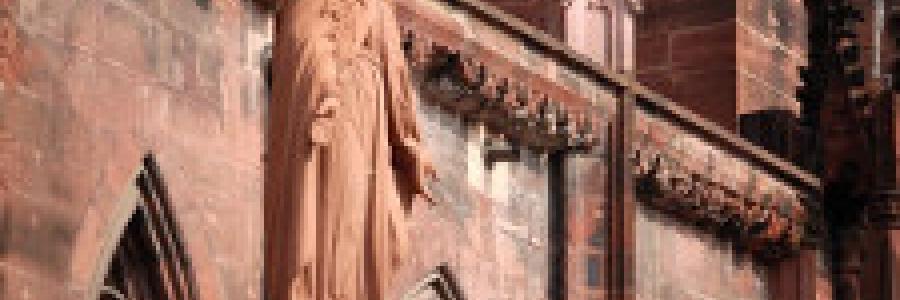Holy vs Unholy Laughter: Calvin on Gen. 21.1-21
Body
“In Gen. 21 it is Abraham and Sarah who thus laugh wholly and holily in response to God’s goodness to them. Their laughter is prompted by God’s fulfillment (at last!) of his promise of a child to them.”




Discussion